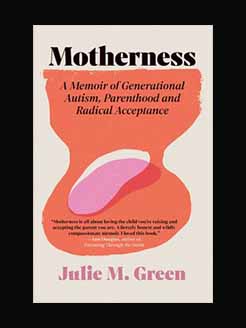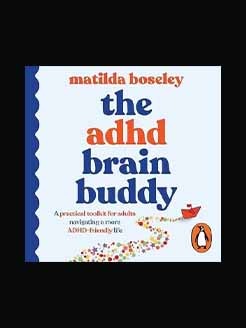Published in 2025
8 hours and 41 minutes
Bethany Warren, LCSW, PMH-C (Beth) is a perinatal mental health and EMDR certified psychotherapist in private practice in San Diego, California and has worked in this field for over 25 years. She specializes in perinatal mood and anxiety disorders, birth and reproductive trauma, pregnancy loss, and infertility. She is a current member and previously served as the President of the Board of the Postpartum Health Alliance, a nonprofit organization dedicated to promoting awareness of Perinatal Mental Health. Beth is also an EMDR therapy consultant and facilitates trainings. She is a frequent speaker and lecturer, speaking at conferences, trainings, and on podcasts discussing perinatal mental health and trauma.
What is this book about?
If you have experienced trauma during your reproductive journey, from conception through your postpartum recovery, you are not alone. Pregnancy and new parenthood can be fraught with numerous potential distressing situations, such as infertility, pregnancy and postpartum complications, pregnancy losses, and childbirth.
It’s no wonder that one out of three parents report their birth experiences were traumatic, and upwards of 40% of new parents can experience PTSD during the perinatal period. And yet, there is hope for healing! Drawing from empirically validated research and clinical experience, this book will help you educate yourself to further understand what you have experienced, and learn how to manage your trauma reactions. Written with sleep-deprived and traumatized parents and parents-to-be in mind, this book is divided into easy-to-understand sections to help you manage your emotions and find validation and reassurance.
Whether you are preparing for trauma therapy, already working with a mental health therapist, or just starting to explore aspects of your experience, this workbook can provide support wherever you are on your healing journey. This comprehensive resource is essential for expecting or new parents who have experienced traumatic distress during this time, as well as mental health clinicians and birth providers.







